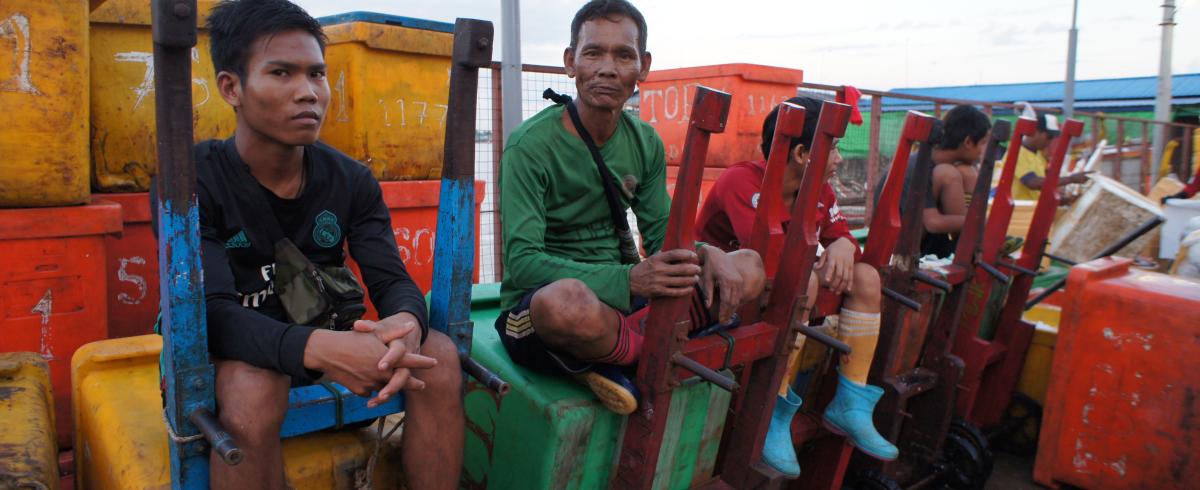Social protection in small-scale fisheries and aquaculture in Latin America and the Caribbean
Taking into account the economic importance of this sector for small-scale producers, as well as its high degree of vulnerability, the aim of this report is to give an overview of the current state of social protection and challenges facing small-scale fishers and fish farmers in Latin America and the Caribbean. It analyses the social protection needs of this population segment, the main social protection programs in the region, and proposes a roadmap with public policy recommendations to promote adequate social protection.

